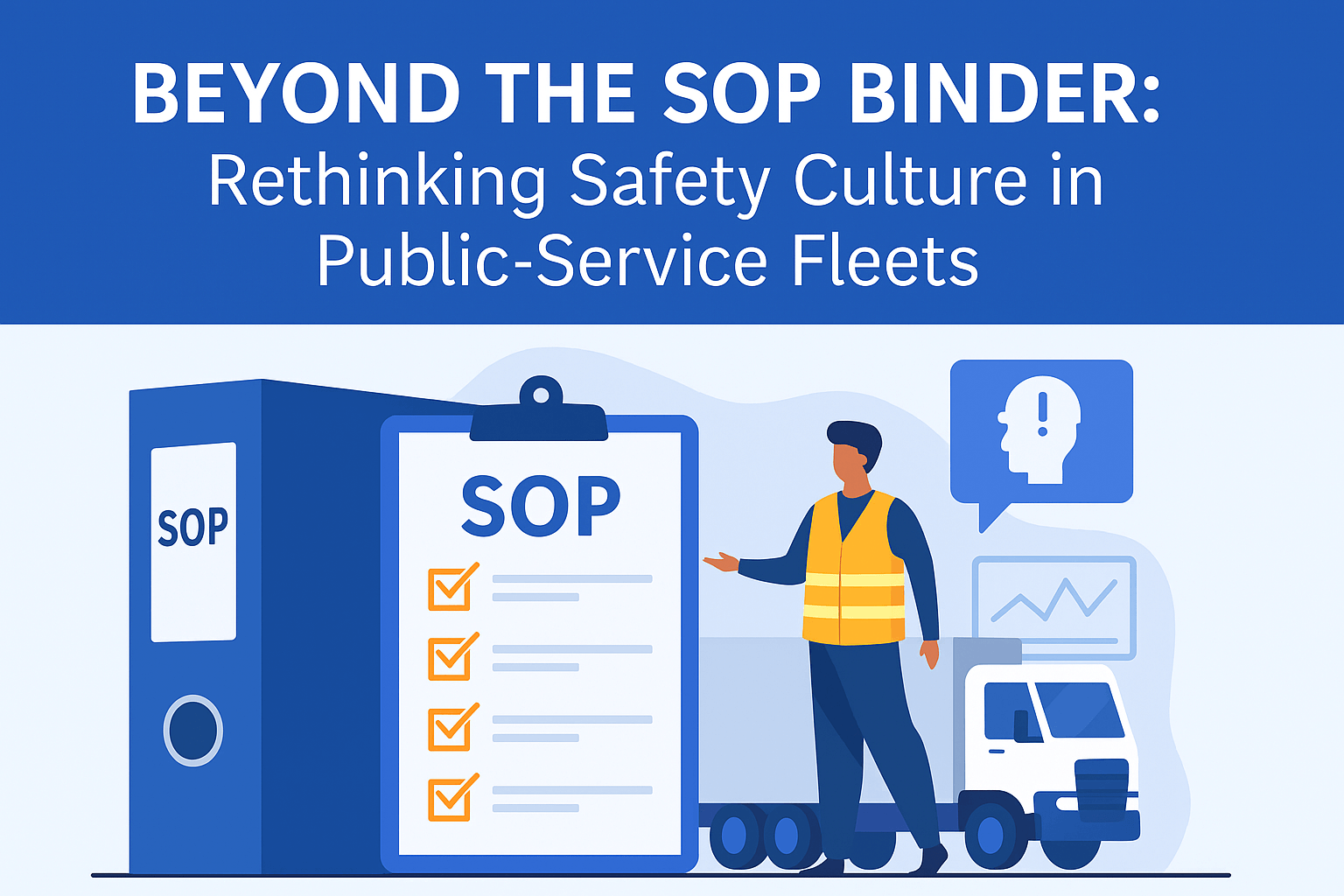
In a recent development that has sparked considerable debate within the trucking community, a proposition by the Federal Motor Carrier Safety Administration (FMCSA) to amend the requirements for obtaining a Commercial Driver’s License (CDL) is under scrutiny. This information, initially reported by Mark Schremmer for Land Line.com, highlights the concerns raised by seasoned truck drivers regarding the potential implications of these proposed regulatory changes on road safety and the quality of driver training.
The FMCSA’s suggested modifications aim to offer more flexibility for applicants and state driver licensing agencies in the CDL acquisition process. These proposed adjustments include:
- The opportunity for candidates to undergo the CDL skills examination in states other than their own.
- Authorization for holders of commercial learner’s permits who have successfully completed the CDL skills test to drive commercial motor vehicles on public roads unaccompanied by a CDL-certified passenger.
- The elimination of the obligatory 14-day interval that currently must elapse before a learner can take the CDL skills test after receiving their commercial learner’s permit.
- The enforcement of the same standards of training, certification, and record checks on third-party knowledge examiners that state examiners are subjected to.
With the comment period open until April 2, the FMCSA is collecting feedback on these propositions. As of February 6, many of the 64 comments logged on the Regulations.gov platform emanate from truck drivers who are apprehensive about potentially diluting the stringent requirements needed to secure a CDL.
Veterans with decades of experience in trucking, like Will Scott and Jason Griffin, have openly criticized the FMCSA’s proposal. They argue that it prioritizes the interests of large transport companies over the critical need for comprehensive driver training and preparedness. Such concerns reflect a broader anxiety about the readiness of new drivers to handle the complexities of operating commercial motor vehicles safely and efficiently.
Furthermore, the Owner-Operator Independent Drivers Association (OOIDA) has expressed its stance on the matter, emphasizing the paramount importance of not compromising on skills testing and the thorough training of drivers. Despite acknowledging possible areas for improvement in the CDL administration process, OOIDA stands firm in its belief that the focus should remain on enhancing the training requirements for drivers, thereby ensuring the safety and reliability of the trucking industry.
This situation highlights a pivotal moment in the regulatory landscape of commercial driving, with safety standards and training quality at the forefront of the conversation. As the trucking community and regulatory bodies continue to deliberate on these proposed changes, the importance of maintaining rigorous training and safety standards remains undisputed.
(Original reporting by Mark Schremmer for Land Line.com)







